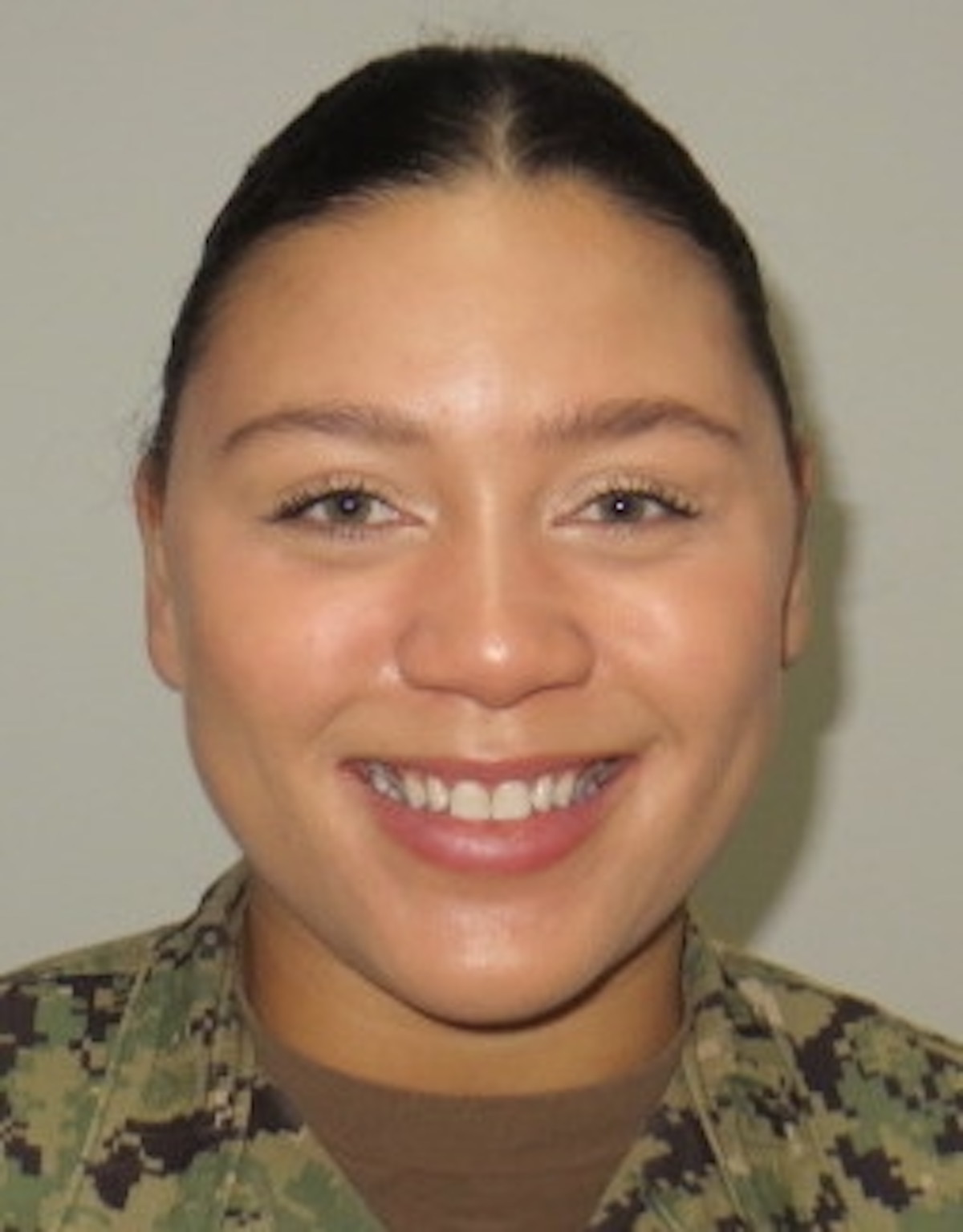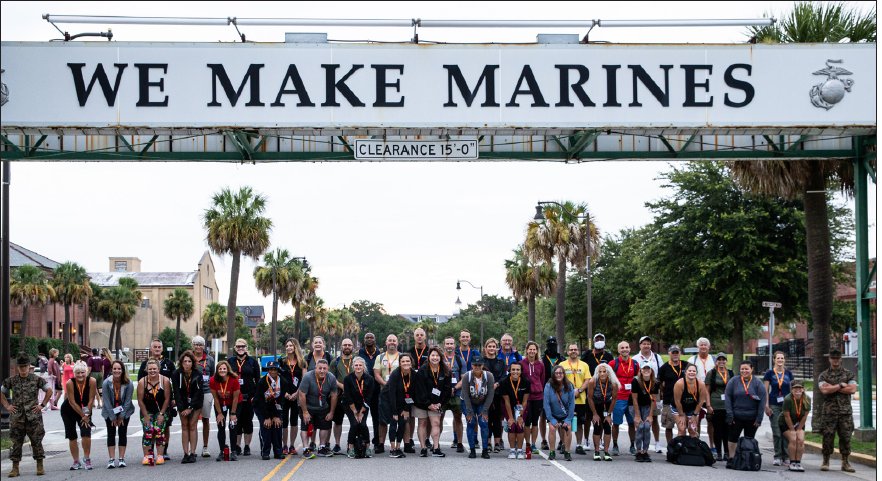To date, I have written 20 articles on veterans’ benefits, four articles on end-of-life planning and hospice, and 12 articles on what citizens should know about law enforcement for The Island News.
This article is the first of a series of four articles on leadership.
This leadership article is based on an award-winning speech that I gave at the Armed Forces Staff College in 1984. The article describes what is and what is not good leadership. It is based on a lifetime of research and the leadership used by the best leaders and managers the author has observed and worked with in the government and industry.
This series of newspaper and magazine articles on leadership have been updated frequently and published in various other forms in more than 23 magazines and newspapers and three books in the U.S., Germany, Canada, and England over the past 35 years.
Older versions of this leadership information have been used, under various titles, by dozens of government, patriotic, and military organizations and schools, including: The U.S. Military Academy, the Department of Homeland Security, the German War College, the Military Order of World Wars, the National Guard Association, the U.S. Coast Guard Academy, te U.S. Army’s Berlin Brigade, the U.S. Army Europe, the Association of the U.S. Army, and almost every U.S. Army School, including the Engineer, Aviation, Field Artillery, Air Defense Artillery, Military Police, Chemical (NBC), and Adjutant General.
This philosophy of leadership has also been used by many civilian companies and organizations including Blue Cross Blue Shield, Cobro Corporation, QinetiQ North America Inc., Westar Aerospace and Defense Group, McAdams Technologies Inc., CLC Hospice LLC, and TVV Publishing LLC.
Leadership: A Personal Point of View
Treating men and women equally without regard to race, color, creed, religion, age, custom, sexual preference, or political party is leadership. Honoring our country’s military men and women, prisoners of war (POWs) and missing in action (MIAs), veterans, and their families is leadership. Visiting your wounded and sick frequently is leadership.
Knowing and living by the Constitution, the Code of Conduct, the Geneva Convention, the Ten Commandments, the laws of our land, and the basic human rights of all mankind is leadership. Duty, honor, and country is leadership.
Leadership is taking the point position when your flight, unit, or business is expecting contact with the enemy or competition with other businesses. (Don’t interpret this to mean the point or flight lead position is where the military commander should be all of the time.) Leadership is flying a crippled bomber to the ground when one of your wounded crew members cannot bail out. Leadership is keeping your young soldiers, Marines, airmen, sailors, and coast guardsmen (and employees) alive. Leadership is never leaving your wounded behind. Leadership is writing a dead trooper’s or sailor’s family or employee’s family a personal letter immediately after the battle or accident.
No compromise of the integrity of one’s word, deed, or signature is leadership. Setting high standards and seeing that they are met is leadership. Intelligence, dedication, creativity, and selflessness are leadership. Stamina, vigor, and commitment are leadership. Spontaneous, contagious enthusiasm is leadership. Initiative, self-improvement, research and professionalism are leadership. Reading and studying the subjects and intelligence important to your job and family are leadership.
Leadership is rewarding a soldier, sailor, airman, Marine, coast guardsman, merchant mariner, or civilian employee with the appropriate recognition immediately after exceptional service. Leadership is commanding, advising, mentoring, and managing. Leadership is establishing and meeting, by priority, specific objectives. Leadership is managing by exception, using job enlargement, and seeking job enrichment.
Leadership knows that leading is more than just “follow me”, but also, and, maybe more importantly, “follow my orders and directions”.
Believing in God, family, and country, in that order is leadership. Being humanistic is leadership.
Trusting well trained Marines, soldiers, sailors, airmen, coast guardsmen and employees’ ideas and decisions is leadership. Knowing what and where the mission is at, when the troops (and civilian workers) and material are to be there, and how many troops and systems are needed to win is leadership. Blocking out periods of private time to accomplish creative work and recharge is leadership.
Compromising for the good of the whole with sister departments and partner leaders on budgeting, planning, organizing, coordinating, directing, and executing is leadership.
Leadership is not glorifying war. Leadership is not doing “anything” just to get promoted or elected. Leadership is not winning the battle at all costs, nor is it losing a war to avoid causalities. Leadership is not found in the security of a well-fortified command bunker, nor is it found in a plush officers’ field mess or golf course.
Leadership is assertive, but not aggressive. Leadership is not ruthless nor mindless discipline, but it is the ability to do the right thing at the right time, by putting the whole before the parts. Leadership is not a good efficiency report or employee appraisal, nor is it paper (false) readiness or value. Leadership is not a court martial for every mistake nor is it leniency for serious violations. Leadership is fair, predictable, and consistent.
To be continued next week.
Larry Dandridge is a retired Lt. Col. In the U.S. Army. He is a Vietnam War era wounded warrior, a combat and 100 percent disabled veteran, a former Infantryman, former Warrant Officer and pilot. Dandridge is also a past Veterans Service Officer, and a current volunteer Patient Adviser, CEO Advisory Council Member, and Patient and Family Advisory Committee Member at the RHJ VA Medical Center, as well as a published author and free-lance writer. He can be reached at LDandridge@earthlink.net.











